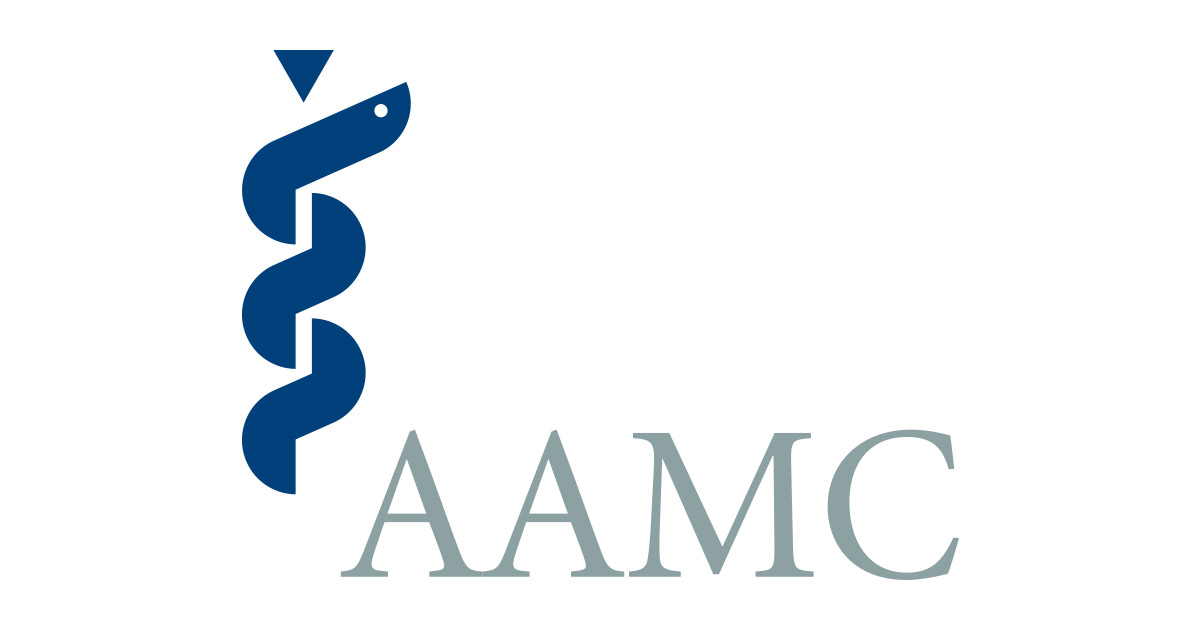oolongcutea
New Member
- Joined
- Sep 1, 2022
- Messages
- 4
- Reaction score
- 1
Hello everyone!
I'm hoping you all have input on my situation, as I seem to check some boxes (but definitely not others) according to AAMC's updated guidance for the 2024 application cycle regarding "disadvantaged" status. The "example experiences" listed in the document include "serving as a caretaker for a family member," but I haven't met or heard of anyone else in circumstances similar to mine, so I was hoping for some feedback, given the following facts:
My mother was diagnosed with early-onset Parkinson's when I was four, and beginning at age eight, I took on progressively greater responsibility for her care as her condition deteriorated. By the time I was in middle school, I was dressing, bathing, and feeding her, in addition to helping her move around the house and helping in the bathroom. Because my father was the breadwinner for the family (and needed an income high enough to keep up with the costs of my mother's medical care), he took to working more hours to cover shortfalls. By the time I was in high school, I was making meals for the family, cleaning the house, and buying groceries and other necessities in addition to my previous responsibilities (dressing, bathing, feeding, etc.). I estimate that I worked the equivalent of a full-time job caring for my mother between 7th and 12th grade (40+ hours/week). HOWEVER...
My dad is currently a product manager at a large tech company, and makes very decent money. He has a Master's degree. My mother has a PhD, but she stopped working when I was five as a result of her illness. She gets a disability cheque each month. We are solidly middle class, and I went to a private 5-12 school on a partial scholarship. I go to a well-regarded private university on a full-tuition scholarship, but I do pay for living expenses, and my dad helps by paying for housing. YET...
The time commitment of being a primary caretaker meant that educational and extracurricular options that were available to other students of a similar SES were not available to me. I didn't have access to private tutors or counselors because I was the primary caretaker for my mom while my dad worked. These circumstances have continued into college, though to a lesser degree. When I got to college, It felt like I had to work twice as hard to make up for not being able to take advantage of the opportunities someone of my SES would normally have access to when I was younger, despite the privilege I do possess. This circumstance in addition to an extended health issue has resulted in a spotty transcript during my first two years of college. It also means I'll have to take an extra year and a half to finish my degree (I needed to go part-time for multiple semesters).
My question is simple: Should I check the "disadvantaged" box? Do I qualify?
Edit: For context, I just wanted to add that my academic performance and extracurricular involvement in college improved drastically the semester after my mother underwent DBS surgery for her Parkinson's, which allowed her to be much more mobile (relatively speaking).
I'm hoping you all have input on my situation, as I seem to check some boxes (but definitely not others) according to AAMC's updated guidance for the 2024 application cycle regarding "disadvantaged" status. The "example experiences" listed in the document include "serving as a caretaker for a family member," but I haven't met or heard of anyone else in circumstances similar to mine, so I was hoping for some feedback, given the following facts:
My mother was diagnosed with early-onset Parkinson's when I was four, and beginning at age eight, I took on progressively greater responsibility for her care as her condition deteriorated. By the time I was in middle school, I was dressing, bathing, and feeding her, in addition to helping her move around the house and helping in the bathroom. Because my father was the breadwinner for the family (and needed an income high enough to keep up with the costs of my mother's medical care), he took to working more hours to cover shortfalls. By the time I was in high school, I was making meals for the family, cleaning the house, and buying groceries and other necessities in addition to my previous responsibilities (dressing, bathing, feeding, etc.). I estimate that I worked the equivalent of a full-time job caring for my mother between 7th and 12th grade (40+ hours/week). HOWEVER...
My dad is currently a product manager at a large tech company, and makes very decent money. He has a Master's degree. My mother has a PhD, but she stopped working when I was five as a result of her illness. She gets a disability cheque each month. We are solidly middle class, and I went to a private 5-12 school on a partial scholarship. I go to a well-regarded private university on a full-tuition scholarship, but I do pay for living expenses, and my dad helps by paying for housing. YET...
The time commitment of being a primary caretaker meant that educational and extracurricular options that were available to other students of a similar SES were not available to me. I didn't have access to private tutors or counselors because I was the primary caretaker for my mom while my dad worked. These circumstances have continued into college, though to a lesser degree. When I got to college, It felt like I had to work twice as hard to make up for not being able to take advantage of the opportunities someone of my SES would normally have access to when I was younger, despite the privilege I do possess. This circumstance in addition to an extended health issue has resulted in a spotty transcript during my first two years of college. It also means I'll have to take an extra year and a half to finish my degree (I needed to go part-time for multiple semesters).
My question is simple: Should I check the "disadvantaged" box? Do I qualify?
Edit: For context, I just wanted to add that my academic performance and extracurricular involvement in college improved drastically the semester after my mother underwent DBS surgery for her Parkinson's, which allowed her to be much more mobile (relatively speaking).
Last edited:



